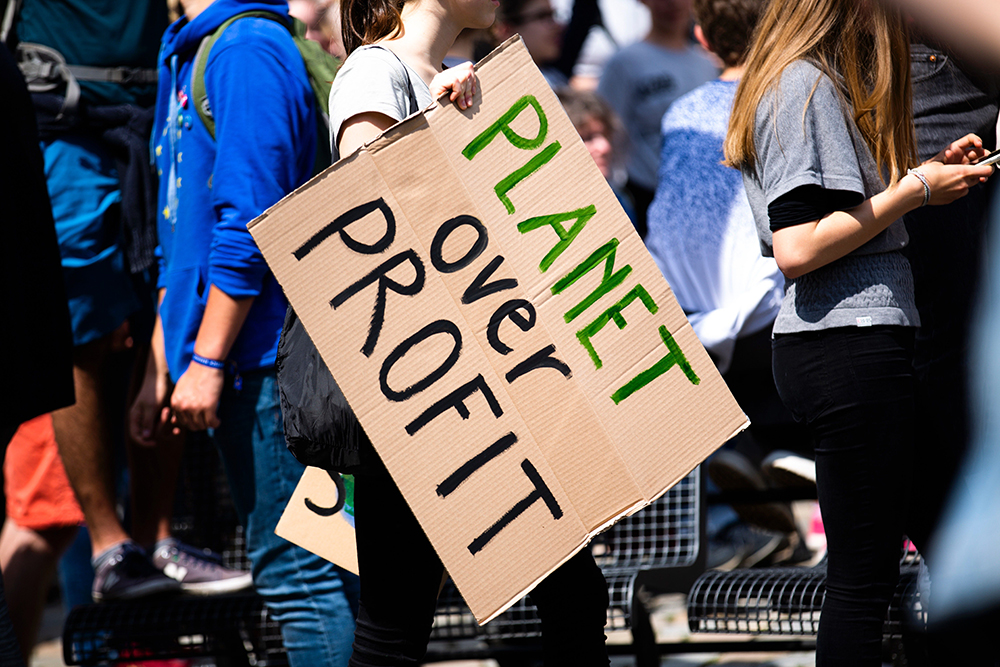
By Michael Jones
Supercreator Daily
TAKING ALL OF MY ENERGY
House Republicans are poised later this morning to pass a signature energy bill that they say will lower gas prices and utility bills despite widespread opposition from congressional Democrats, the White House and the environmental justice movement.
[…]
But organizers say it’s farm communities and those on the frontlines of the effects of climate change that stand to suffer the most.
“Usually, H.R. 1 is a significant marker bill for the party and majority — for Democrats, H.R. 1 was a democracy and voting rights bill and for the Republicans, this H.R. 1 is a deregulation bill,” Adrien Salazar, policy director at the Global Grassroots Justice Alliance, said in an interview with Supercreator. “It is a wish list of the worst of the worst for polluters and fossil fuel industry, attacking bedrock environmental protections, like [the National Environmental Policy Act], and the Clean Air Act and the Clean Water Act, and creating provisions that would fast track more oil and gas that would put public lands to the whim of mining corporations.”
[…]
Earlier this month, the Congressional Budget Office, a US agency that provides Congress with economic and budgetary analysis, estimated that enacting H.R. 1 would increase the deficit over the next decade by roughly $2.4 billion.
“It’s an expensive bill where American taxpayers are going to be fronting the costs of policy policies that are meant to increase the profits of Big Oil and Gas and the polluting industry,” Salazar said. And I think when we look at the [Intergovernmental Panel on Climate Change] report that just came out reflecting the severity of an acceleration of a climate crisis, and the international body of scientists and government saying that we actually need to stop expanding fossil fuel production and wind down fossil fuels to meet the crisis and reverse the impacts of climate change, we can’t afford for the industry to be building out and our government to be supporting the build-up of more fossil fuel infrastructure.”
